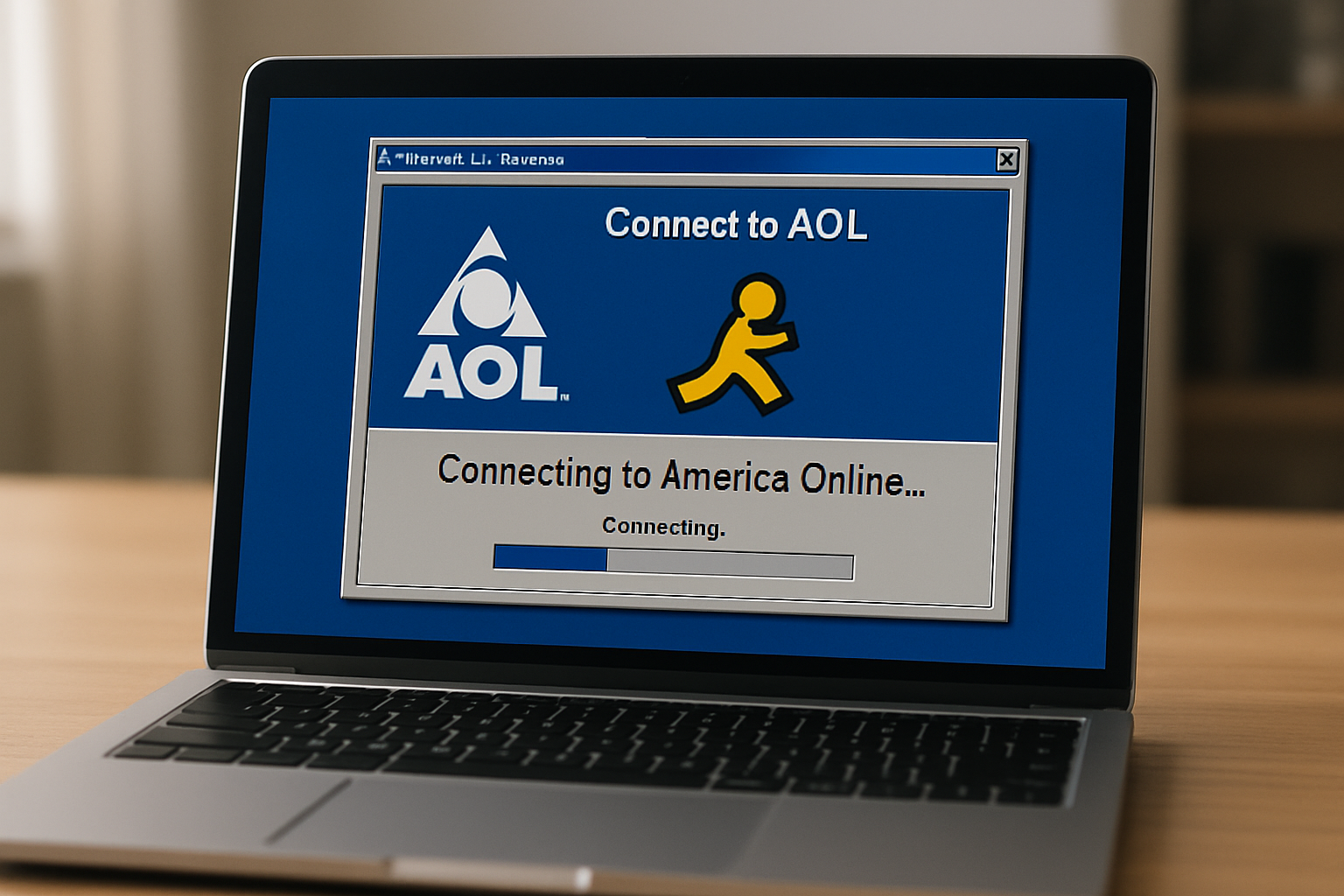
Tech News and Commentary Dave and Chris discuss The death of AOL’s dial-up service and Dropbox’s password manager, back-to-school deals, and more. “News Pick of the Week” with Ralph Bond These days I’m happy if my smartphone’s battery can take me though a busy workday without needing to recharge. But what if my future smartphone […]

